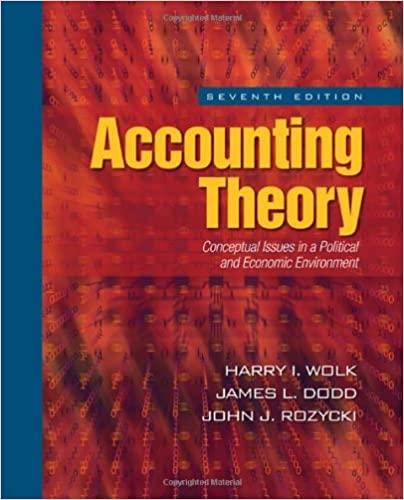Question
Individual and business taxpayers buy and sell assets. Upon selling these assets, gains (losses) result in an increase (decrease) in their income, which must be
Individual and business taxpayers buy and sell assets. Upon selling these assets, gains (losses) result in an increase (decrease) in their income, which must be reported on their tax returns. How the gains (losses) are reported depend upon the character of the gain or loss and the length of time the assets have been held. The gain (loss) would be characterized as either ordinary or capital. The time frame would be short-term or long-term. John is considering selling his stock investment in December and has come to you for help in understanding gains (losses) and the effect that the sale will have on his 2019 tax return.
Prepare a 23-page written memo to John that explains the differences between the characteristics of ordinary and capital gains (losses) and why the classification of time the investment was held is important. To help John with his specific situation, use the summary of his investment shown below to answer the four questions for him. Include these answers in the memo.
John bought 1,000 shares of Intel stock on October 18, 2015, for $30 per share, plus a $750 commission he paid to his broker. On December 12, 2019, he sold the shares for $42.50 per share. He also incurred a $1,000 fee for this transaction.
- What is Johns adjusted basis in the 1,000 shares of Intel stock?
- What amount does John realize when he sells the 1,000 shares?
- What is the gain or loss for John on the sale of his Intel stock?
- What is the character of the gain or loss?
Step by Step Solution
There are 3 Steps involved in it
Step: 1

Get Instant Access to Expert-Tailored Solutions
See step-by-step solutions with expert insights and AI powered tools for academic success
Step: 2

Step: 3

Ace Your Homework with AI
Get the answers you need in no time with our AI-driven, step-by-step assistance
Get Started


